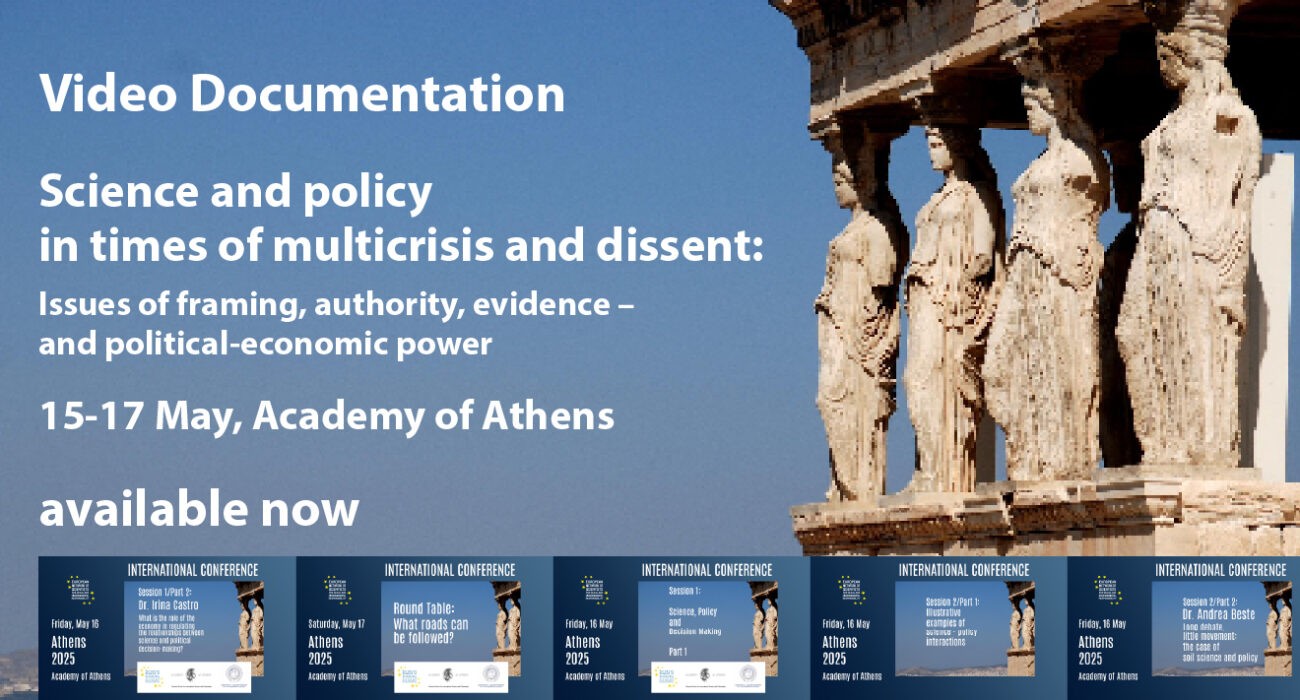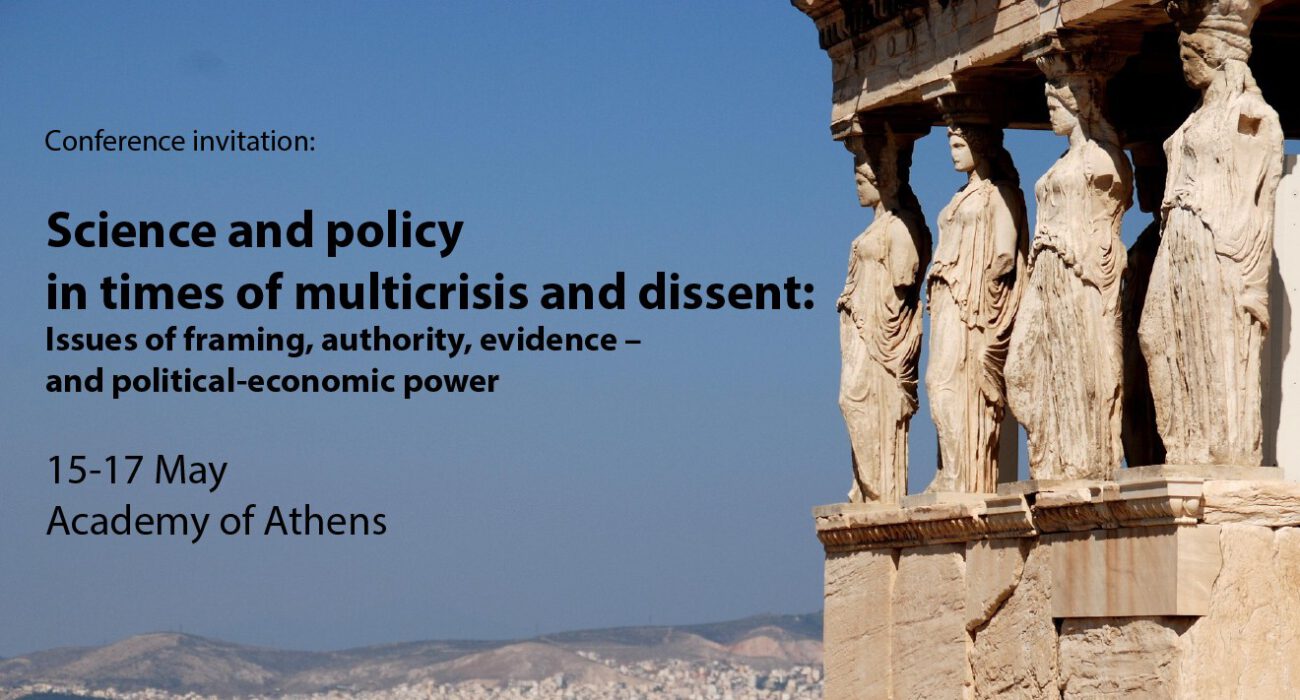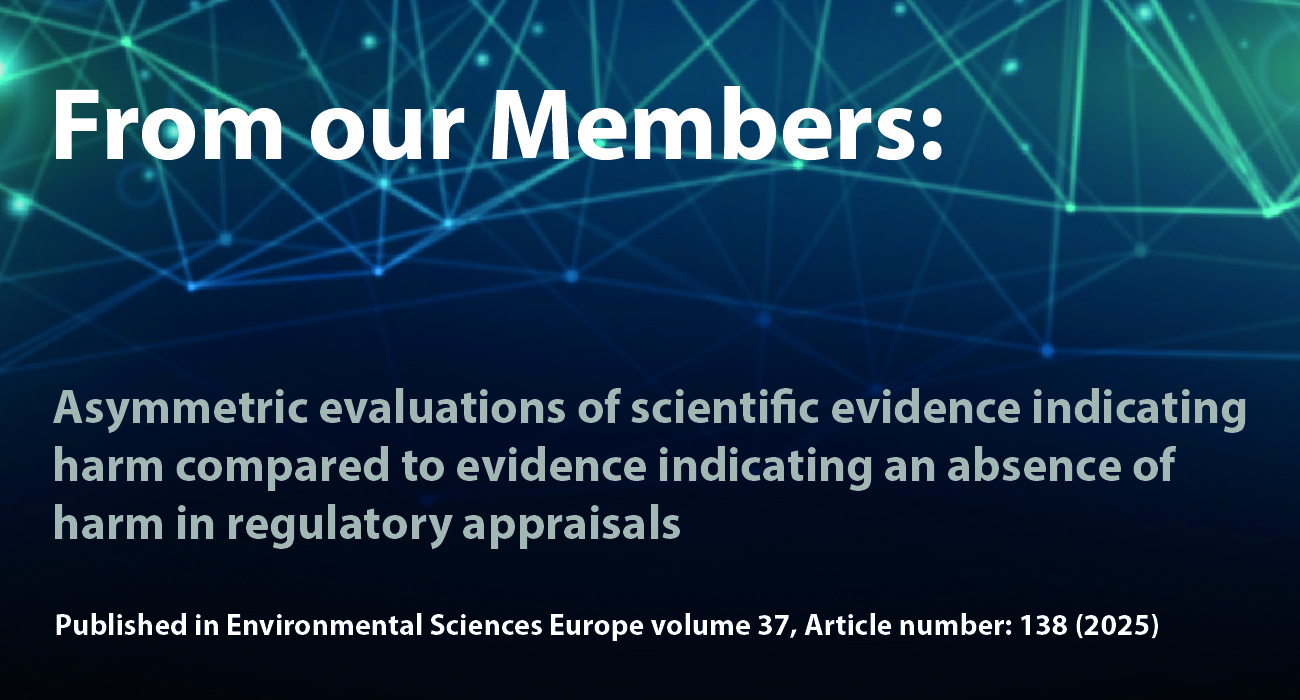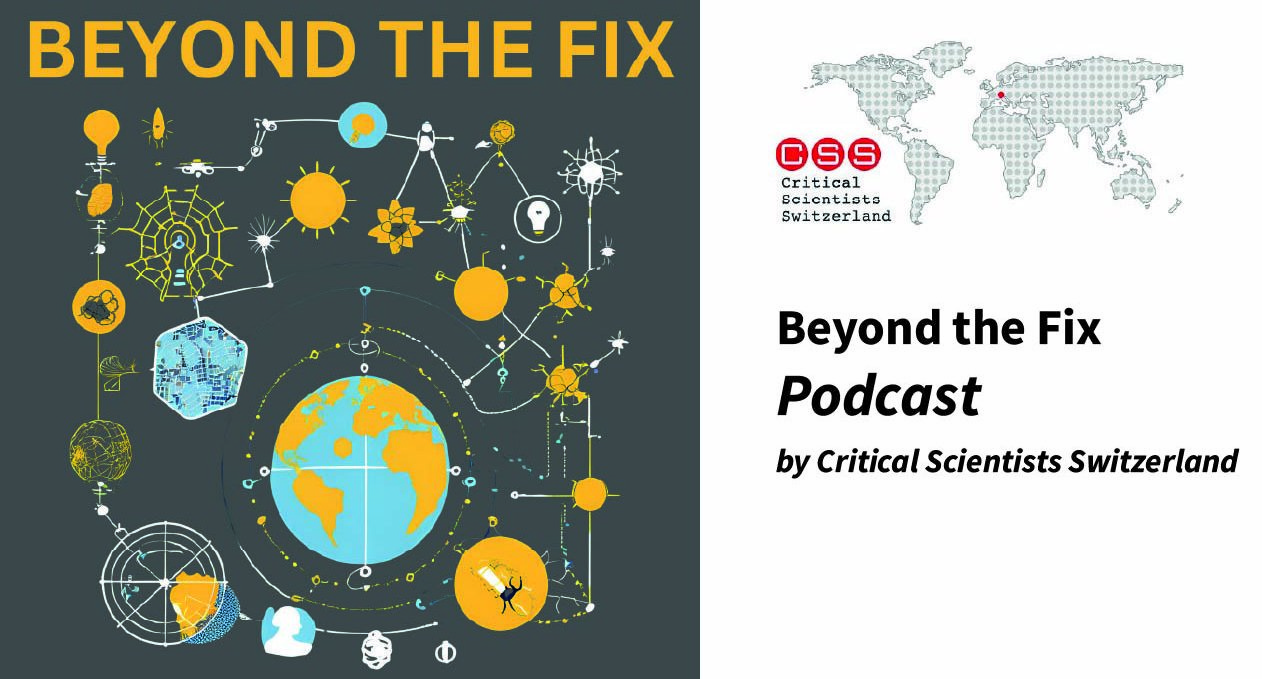ENSSER. WHO WE ARE.
ENSSER · The European Network of Scientists for Social and Environmental Responsibility
ENSSER is committed to:
- Transparent, high quality scientific information that focuses on the ecological, health, and socioeconomic aspects of technology use.
- The assessment of alternative options within technology policy, strengthening innovation and long term sustainability, meanwhile prioritising public and environmental safety.
The objective of ENSSER is the advancement of public-good science and research for the protection of the environment, biological diversity and human health against adverse impacts of new technologies and their products.
ENSSER advocates benign and peaceful use of scientific discoveries and technological developments, while expanding diverse approaches to assess their utility and safety in society.
ENSSER considers that critical, independent and transparent analyses of technology options can best promote sustainable and humane technology development that addresses both current and future social and environmental problems.
ENSSER promotes the critical European and international discourse on new technologies, their impacts and their regulation. As scientific and technological advances, are increasingly driven by private interest, health and environmental safety information needs often lag behind. As a result, the relationship between science, society and environment in science policy should be restructured to better protect the public interest.
ENSSER promotes critical thinking to help reshape current models towards more democratic and participatory agenda-setting processes. This requires creating spaces for scientific information independent from economic and political influence, and includes the identification, use, and quality assessment of scientific, lay, local, traditional and other knowledge sources.
ENSSER. WHAT WE DO.
supporting and protecting independent and critical scientific research for the protection of the environment, biological diversity and human health against negative impacts of new technologies and their products;
promoting a democratic approach of the choice of scientific and technical options for practical implementation; and
developing responsible approaches to the assessment of risks and benefits of existing and emerging technologies.
ENSSER. YOUTUBE CHANNEL







